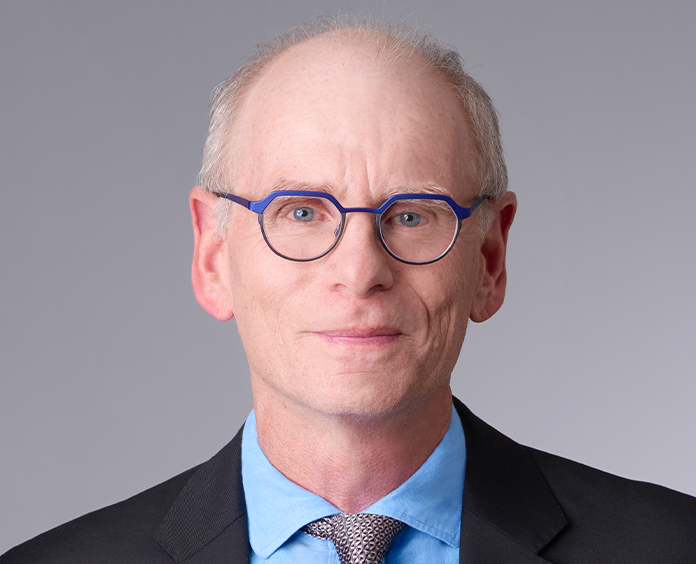Research We Fund: Extramural Discovery Science (EDS)
We are the research-funding arm of the American Cancer Society (ACS).
Our grants fund high-impact and innovative cancer research conducted by hundreds of promising scientists and health care professionals - primarily early in their careers - at institutions across the United States.
The funds that we use to support research grants are possible because of generous donations to the ACS.
New ACS Initiative
HEALED Gold Medal RFA to Support Mind-Body-Spirit Wellness in Cancer Survivors
Studies Selected for Funding
We support independent investigators and offer mentored awards. Our funds support institutions, professors, and early-career scientists. We keep raising the bar with requests for applications (RFAs) for focused and pivotal topics.
The ACS determines which studies to fund based on an extensive peer review process led by renowned medical professionals, research scholars, and stakeholders volunteering their time.
Why Apply for an ACS Grant?
ACS and the EDS team have learned the value of investing in early-career investigators, allowing cancer researchers to share ideas and collaborate, and supporting post-docs. Here are examples of the extra value grantees get when they're awarded an ACS grant.
Our Mission
As the nation's largest private, not-for-profit source of funds for scientists studying cancer, the American Cancer Society and Extramural Discovery Science (EDS) is committed to maintaining a cancer research portfolio that includes any type of cancer across the cancer research continuum that's aligned with our research priorities.
Our Goal
Our research goal is simple — find answers that help save lives from cancer.
Our Strategy
Our strategy for funding research is just as straightforward — fund the most innovative cancer research. In fact, we've helped make possible many of the major cancer research breakthroughs.
Our Priority
Our priority focus on health equity places special emphasis on addressing the social determinants of health that drive cancer health disparities and on funding innovative solution-based health equity research.
The EDS team facilitates the evaluation of grant applications by external and independent reviewers and manages the grant portfolios, providing appropriate oversight and stewardship of donors’ investments in cancer research.
Some grantee projects are spotlighted here on cancer.org in Research News and in ACS Research Highlights. We strongly encourage all ACS grantees to share their data freely and rapidly with systems that are open to the public to maximize value to cancer patients.
Glossary for Nonscientists
Featured Term:
Discovery Research
Experiments with genes, cells, animals, or people to find a new or improved understanding of an action, health behavior, process, technique, technology, or model to improve care.
I was on the verge of shutting down my laboratory. In a career-changing move for me, the American Cancer Society funded my first grant.











